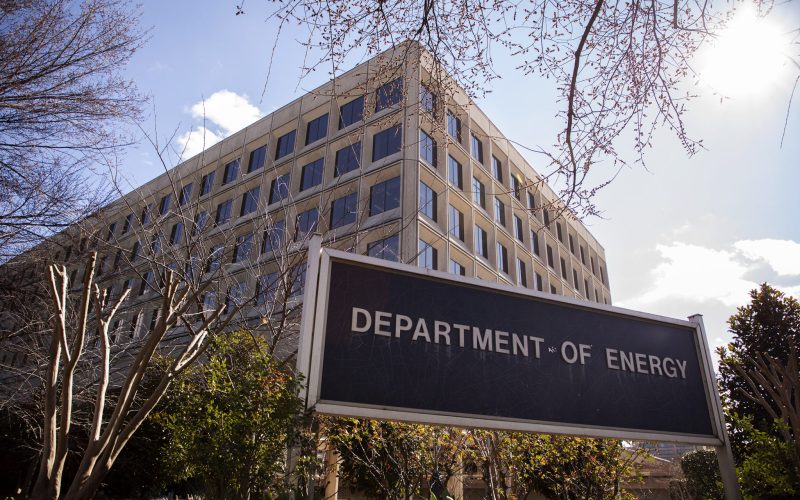The US Department of Energy has announced plans to cancel more than $13 billion in subsidies pledged under the Biden administration to support wind, solar, batteries and electric vehicles. Officials did not immediately clarify which specific funds would be withdrawn.
In a statement, the department said: “By returning these funds to the American taxpayer, the Trump administration is affirming its commitment to advancing more affordable, reliable and secure American energy and being more responsible stewards of taxpayer dollars.”
The move has prompted fierce criticism from California Governor Gavin Newsom, who accused the government of surrendering leadership on clean energy to China. “President Xi, I don’t know what else he’s got to applaud. I think he’s going to give Donald Trump a bear hug when he arrives,” Newsom remarked at a New York Times climate event.
The announcement came a day after President Trump dismissed climate change as “the greatest con job” during his address to the United Nations General Assembly, doubling down on his scepticism towards global climate initiatives and international institutions. Since returning to office in January, he has sought to maximise oil and gas output—already at record levels—while scaling back renewable and EV subsidies.
Energy Secretary Chris Wright confirmed the cancellation at a press conference in New York, arguing that climate change had been exaggerated into “the world’s greatest threat,” fuelling “massive amounts of spending with very little positive impact.” He added that he had no plans to attend UN climate talks in Brazil this November, though he left the door open, saying “nothing is impossible.”
However, critics warn the decision could hit employment in clean energy. A study by environmental group E2 last week found that jobs in wind, solar and related industries grew three times faster than the wider US workforce in 2024, but many could now be at risk under the administration’s rollback of renewable support.





















